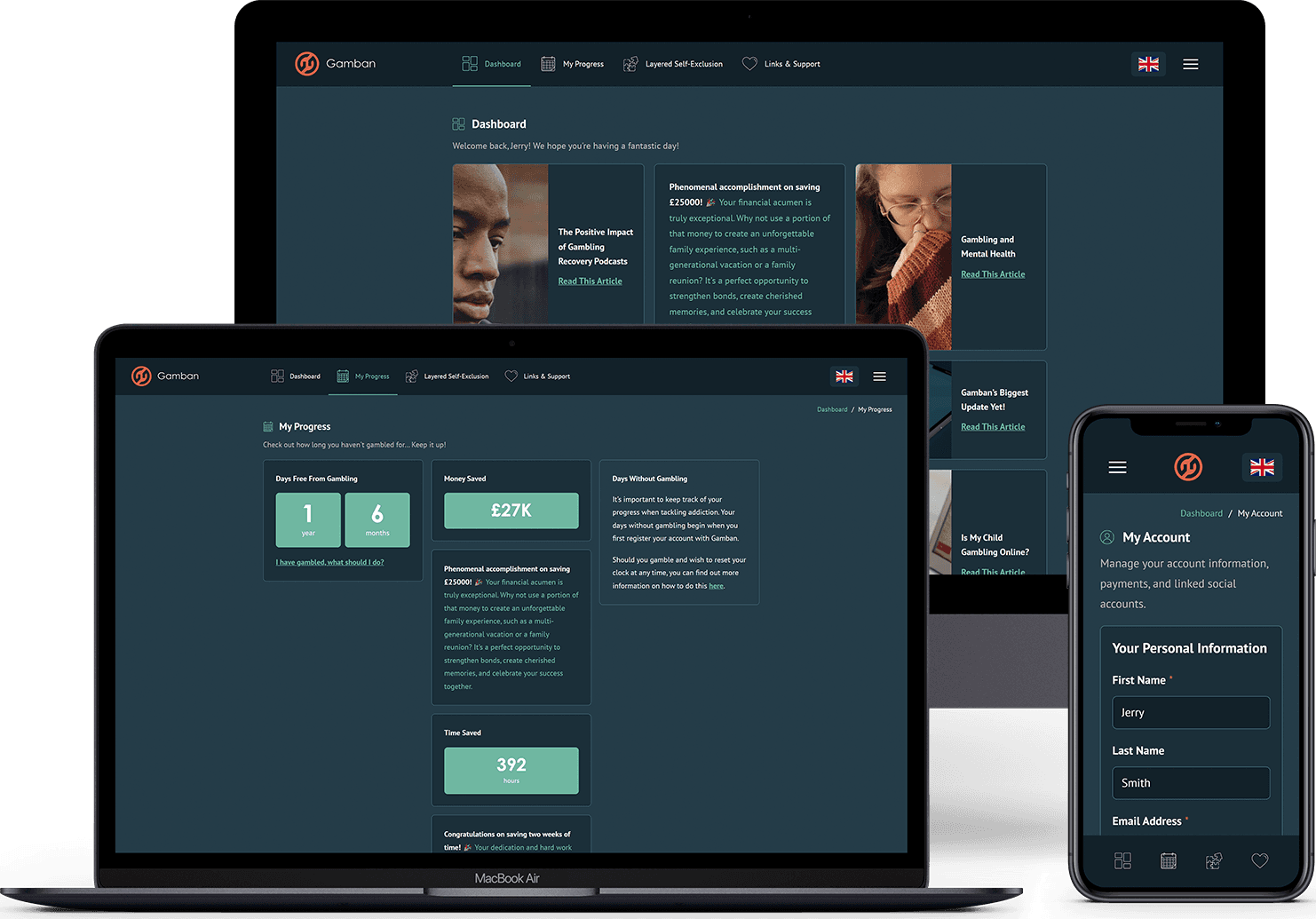12/08/2025
Roulette is one of the most popular casino games online. With countless websites and apps, with more appearing every day, it can be difficult to avoid them and even easier to fall into their traps.
Roulette has been refined over centuries. Blaise Pascal’s attempt to produce a perpetual motion machine led to the creation of the first roulette wheel in the 17th century. From its more primitive form, roulette grew through refinement to become so addictive and compelling that by the 19th century it had spread across Europe and the US, engrossing even Fyodor Dostoyevsky whose novella The Gambler reflects his own addiction to the game. It was outlawed in most of Europe by 1860.
While some might want you to believe there are secret tips and tricks to help you win on a consistent basis, we can assure you that this simply isn’t true. These games are designed to entice and encourage you to gamble more, with hidden snares that can potentially lead you down the path of developing an addiction.
In this blog, we’ll go over some of the ways online roulette tries to keep you playing and some lifelines should you ever need help.
Online Roulette Traps
- Illusion of Control
Online roulette creates the illusion that you have some control over of the outcome.
"Red hasn't come up for a few spins now. Surely it must be overdue?"
Nope! Even though a number or colour hasn’t appeared for a while, the chance of it appearing subsequently is no more than it’s ever been.
Even though you can pick your numbers and create patterns in your mind, ultimately the result is 100% random every time.
- Quick Play, Quick Decisions
Online roulette moves fast. You bet, and in seconds, you know if you've won or lost. Encouraging players to get swept up, either in the excitement of winning or in the panic of chasing losses. This can lead to placing more bets in a shorter time frame having not had time between spins to consider the consequences.
- Flashing Lights
Casinos have spent significant time and effort into making their games visually appealing and engrossing. This involves more than just bright colours and flashy lights – it's a calculated design approach intended to captivate players, with some even including your favourite celebrities or cartoon characters.
- Accessibility and Anonymity
Roulette is available online 24/7. This round-the-clock accessibility can be particularly difficult for those struggling with gambling addiction. It removes the natural time boundaries that traditional, physical casinos have, potentially leading to longer gambling sessions at any hour.
Online roulette's anonymity creates unique risks: while it might feel safe and private, it can also disconnect you from accountability for your actions. This might lead to taking bigger risks than you would in person, where others can see you.
The Psychological Aspect
Online roulette taps into our brain's reward mechanism. Every time we win, our brain releases a surge of dopamine, creating feelings of pleasure and reward, similar to what happens with substance addiction. This hit of dopamine reinforces our want to keep playing and to continue chasing the next win even following multiple losses.
Over time, the constant pursuit of the next win can lead to a psychological pitfall, leading to a gambling addiction. The more we play, the more we become desensitised to the pleasure of winning, taking bigger risks in hopes of re-experiencing the same level of euphoria felt during initial wins.
Recognising a Problem
It begins subtly. You might find yourself depositing more money or spending more time than planned on online roulette. Chasing losses becomes a common theme, with the belief that the next spin will make up for all you have lost. Neglecting other life aspects or feeling uneasy when not gambling are some of the tell-tale signs of the beginning of a gambling addiction.
Steps to Break Free
- Acknowledgement
Looking inwards and accepting that you might have a gambling problem is the first step towards change. Understanding that gambling is an addictive activity, especially online roulette, will help you come to terms with this.
- Setting Boundaries
Taking a break with Gamban by blocking access to gambling sites and apps will give you space to reflect on the impact gambling has had. If you are concerned that you are developing an addiction, then sign up to Gamban for at least a year.
You can also contact your bank to ask about their gambling blocking options. Many banks offer gambling transaction blocks, allowing customers to "turn off" payments to gambling operators.
- Seeking Support
Open up about your worries to friends or family. Consider joining support groups or seeking professional help.
- Discovering Alternatives
Take part in other activities, such as hobbies, exercise, or quality time with loved ones.
- Self-Exclusion Tools
Many online gambling platforms offer options to self-exclude, where you can ask them to stop you signing up to their site or app. There are also "multi-operator" schemes available, where you can exclude yourself from all licensed operators at once.
Online roulette, like most forms of gambling, carries a risk of addiction. It's important to try to recognise the signs of gambling addiction early, and understanding how online gambling can psychologically impact you is a great first step.
If you're looking for a way to take some time off or stop playing roulette altogether, Gamban is a helpful tool for reducing access to all online gambling.
Start your free trial today - Start Free Trial


